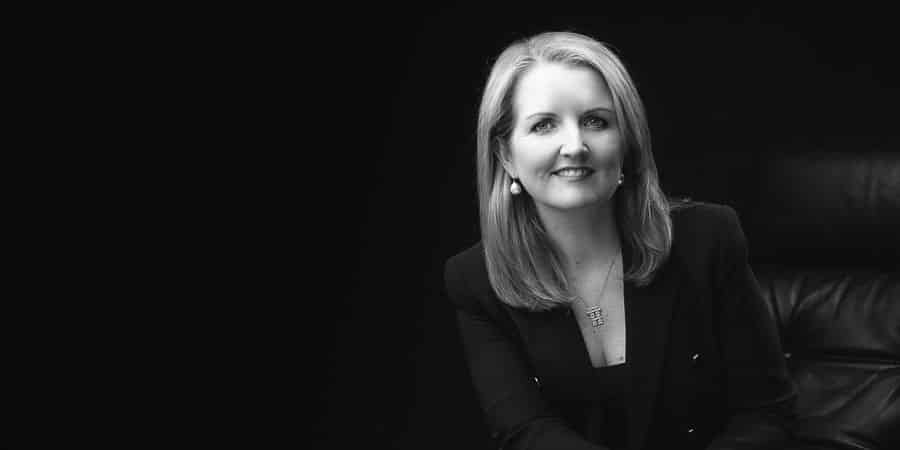Is your decision making ruining your change program?

The capability of leaders to make good decisions during times of change is critical.
Decisions are taken to make progress. So if a leader’s decision making is ineffective, the organisation will either stall, make limited progress or head in the wrong direction.
A 2013 Towers Watson study reinforced what other studies have shown, that the majority of change efforts in organisations fail. It’s easy for leaders to get swept up in the initial enthusiasm for a change program and to be overly optimistic about delivery timelines and benefit schedules. As the work starts, unexpected obstacles and challenges arise, making progress slower and more difficult than planned. What looked easy at the start, becomes harder in reality.
As Harvard Professor, Rosabeth Moss Kanter, said “Everyone loves inspiring beginnings and happy endings; it is just the middles that involve hard work”.
It’s also in the middle that poor decisions that were made at the program’s start come to the fore.
Good decision making isn’t accidental
Making consistently good decisions takes time and requires information, analysis and planning. A leader can’t just ‘wing it’ and expect effective outcomes. Conscious change leaders make decisions aware of the consequences and implications of those decisions. They map out the options – knowing that selecting one option, usually prevents them from doing another. They are conscious of the trade-offs, and so make the decision with their eyes wide open.
Widen the frame of reference
They know that bias pervades decision making because decisions aren’t made on facts alone. The brain takes short-cuts and discards information that doesn’t fit with its world view.
Consequently, they are curious and invite different opinions – not just talking with the people that will agree with them and not silencing the dissenting voices. By doing this they welcome all types of news – even news that is difficult to hear – as they know it will broaden their perspective.
They also talk to people at all organisational levels recognising that hierarchy and ‘gatekeepers’ can interfere with the information they receive. Whilst support staff will often be acting with good intent, if access to a leader is heavily managed it can be harder for them to have an accurate assessment of progress and issues. This is because information can be filtered and sanitised before it hits their desk, as people strive to paint the most optimistic picture of what’s happening. By widening their frame of reference the leader seeks the range of perspectives, considering the issue from different angles so they can make an informed decision.
Be prepared and deliberate
Conscious change leaders are deliberate about involving the right people at the right time to ensure traction when the decision is made, and less ‘white anting’ later. Additionally, this process of building engagement and commitment ultimately creates more engaged teams and stakeholders. They are also deliberate about when they make decisions. They understand that when their brain is tired it takes the path of least resistance – letting assumptions and habits drive how they think and act.
For leaders facing unchartered territory relying on what they have always done before and using default thinking patterns is fraught with danger. To minimise this risk of default thinking they set a clear decision making process that is fit for purpose. Great decisions are the result of planning, consideration and effort. They don’t happen by chance.
Have you read?
Revealed: Leader, Draw Your Vision
What You Don’t Know Can Hurt You: Trading in Non-Transparent FX Markets
World’s best and worst performing countries in tackling climate change, 2017
25 Important Things That Graduate Admissions Tests Can’t Effectively Measure
Written by Michelle Gibbings, a change and leadership expert and founder of Change Meridian.
Bring the best of the CEOWORLD magazine's global journalism to audiences in the United States and around the world. - Add CEOWORLD magazine to your Google News feed.
Follow CEOWORLD magazine headlines on: Google News, LinkedIn, Twitter, and Facebook.
Copyright 2025 The CEOWORLD magazine. All rights reserved. This material (and any extract from it) must not be copied, redistributed or placed on any website, without CEOWORLD magazine' prior written consent. For media queries, please contact: info@ceoworld.biz









